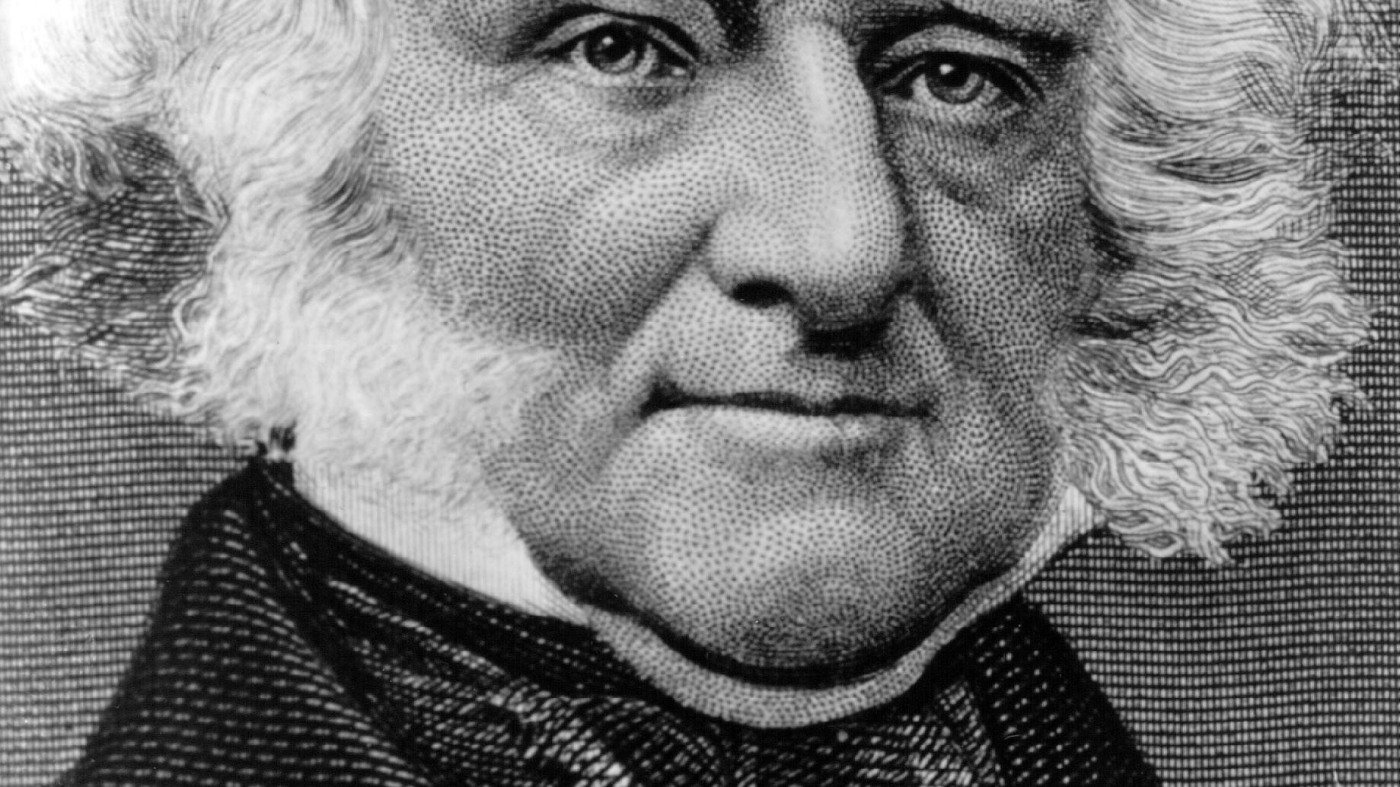US news
fromwww.npr.org
1 hour agoHere's looking at you, kid: How the term for a young goat made the leap to children
Kid originally meant a young goat and later became a colloquial term for human children due to Old Norse (Viking) influence on English.

